Natural cosmetics
CLEAN BEAUTY GUIDE: What is clean beauty, green beauty, natural cosmetics and organic cosmetics?
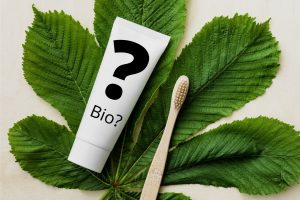
Jul
This Clean Beauty Guide answers all your questions about Clean & Green Beauty, natural cosmetics and much more.
With the growing awareness of value-orientated consumption, the demand for cosmetics that are as "pure" as possible is also growing. Buzzwords such as clean beauty or green beauty are often used in connection with natural cosmetic products. At the same time, the seemingly "old-fashioned" terms organic cosmetics or natural cosmetics still exist. For customers and consumers, it is often not at all clear what is actually meant by buzzwords like these.
The various cosmetics brands and retailers define most of these terms very differently for themselves. Ultimately, many such claims and labels are simply used strategically as "marketing tricks". This makes it all the more important to deal with the topic on a serious and factual level
As a retailer of natural and organic cosmetics, we are repeatedly confronted with these questions by our customers: What is Green Beauty and what does Clean Beauty mean? What is meant by natural cosmetics? Is Clean Beauty better than conventional cosmetics? Is Clean Beauty vegan? What is the difference between Clean Beauty, Green Beauty, natural and organic cosmetics? Is Clean Beauty the same as natural cosmetics? What is the difference between Clean Beauty and natural cosmetics?
This Clean Beauty Guide provides the answers to all these questions and everything else you need to know about clean beauty.
Table of contents
- What is clean beauty?
- What is Green Beauty?
- What is natural cosmetics?
- What is organic cosmetics?
- What are Demeter-quality cosmetics?
- Is Clean Beauty free from parabens, silicones, phthalates, synthetic fragrances, etc.?
- Does Clean Beauty contain synthetic ingredients?
- How reliable are certifications, seals of approval and "free from..." claims for natural cosmetics? Are they ultimately just "greenwashing" tricks of the cosmetics labels?
- What harmful substances can be contained in cosmetics?
- Is Clean Beauty cruelty-free?
- Is Clean Beauty vegan?
- Does Biomazing have a separate category for Clean Beauty?
- How has the green beauty market changed in recent years?
- Conclusion: Does Clean Beauty really make sense?
What is clean beauty?
The keyword Clean Beauty initially only means that a product is free from certain ingredients. However, the specific ingredients are not defined more precisely. As a rule, these are ingredients that are considered problematic or potentially harmful to health - for those who use the buzzword. There is therefore no universally valid definition.
The keyword Clean beauty does not mean that these are actually "pure" cosmetics that contain no questionable ingredients at all. Products with this claim may also contain synthetic substances. Clean beauty is therefore not the same as organic or natural cosmetics.
In short, consumers who really want to buy cosmetics that are as "clean" as possible cannot avoid taking a closer look at the ingredients of such products. As the term is not protected, anyone can in fact declare their product as clean beauty - and above all define for themselves which ingredients they accept.
Is clean beauty the same as natural cosmetics? Many brands suggest that this is the same thing. It often seems as if clean beauty is just a modern term for organic or natural cosmetics. In fact, organic and natural cosmetics can in no way be equated with the buzzword clean beauty. The main difference is that organic and natural cosmetics must not contain any synthetic ingredients. Clean beauty, on the other hand, may well contain synthetics and even substances that are strictly rejected by certified natural cosmetics.
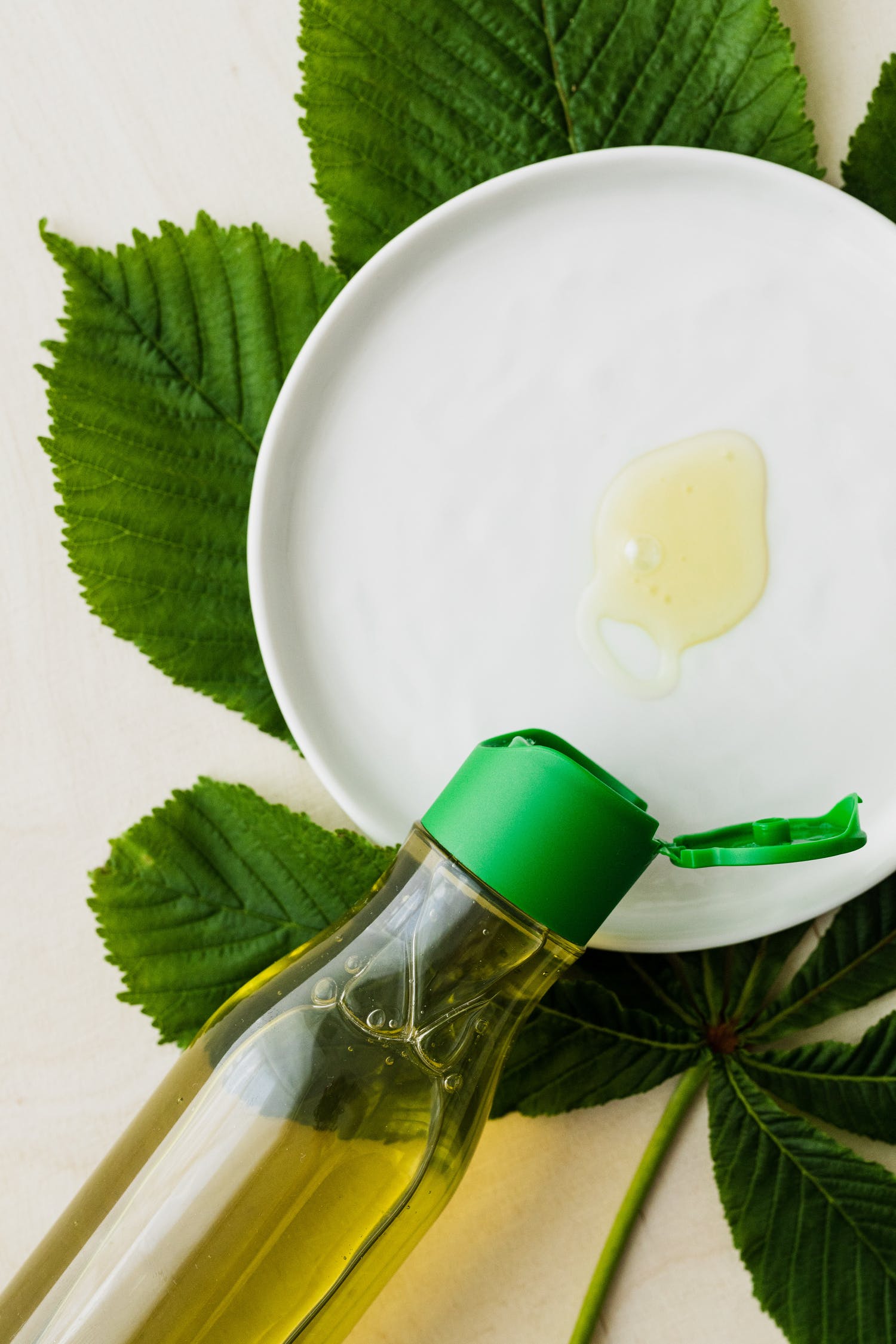
What is Green Beauty?
Like Clean Beauty, Green Beauty is not a clearly defined or protected term. It is usually understood to mean cosmetics that are produced naturally. This means that they are made from natural raw materials and processed in a natural way. Some retailers define Green Beauty as cosmetics produced as close to nature as possible.
But beware: like Clean Beauty, Green Beauty is also It is not a precisely defined term and anyone can understand and market what they perceive as green beauty.
What is natural cosmetics?
In principle, natural cosmetics are products that are produced from natural and nature-identical raw materials. Genuine natural cosmetics do not contain any synthetics. But beware: natural cosmetics are also not a protected term. This means that products with synthetic ingredients can also be labelled as natural cosmetics, even if they have natural cosmetics certification. Product claims such as "with natural turmeric extract" do not indicate that the product is natural cosmetics.
Certified natural cosmetics must always meet a certain standard, namely that of the chosen seal of approval. The standard varies depending on the seal of approval, but in general you are on the safe side with certified natural cosmetics in the vast majority of cases when it comes to questionable ingredients. Please note that natural cosmetics do not mean that the raw materials are also of organic quality. It only means that the raw materials are natural, but how they are grown is not relevant. In other words: Natural cosmetics do not mean organic!
What is organic cosmetics?
The term organic cosmetics refers to cosmetics that contain a certain proportion of organic raw materials. This may or may not amount to 100 %. Too little attention is often paid to the fact that there can be serious differences in the quality of organic raw materials.
Why does it make a difference whether a product contains a raw material in organic quality? Is rose oil not the same as rose oil, regardless of whether it is certified organic or not? Raw materials in organic quality have no residues of fertilisers and pesticides that are used in conventional cultivation. This means that these cannot enter the body via the skin. The plant seeds must also meet a certain standard for organic raw materials and cannot be genetically modified, for example. Organic farming is also much better for the environment and animals.
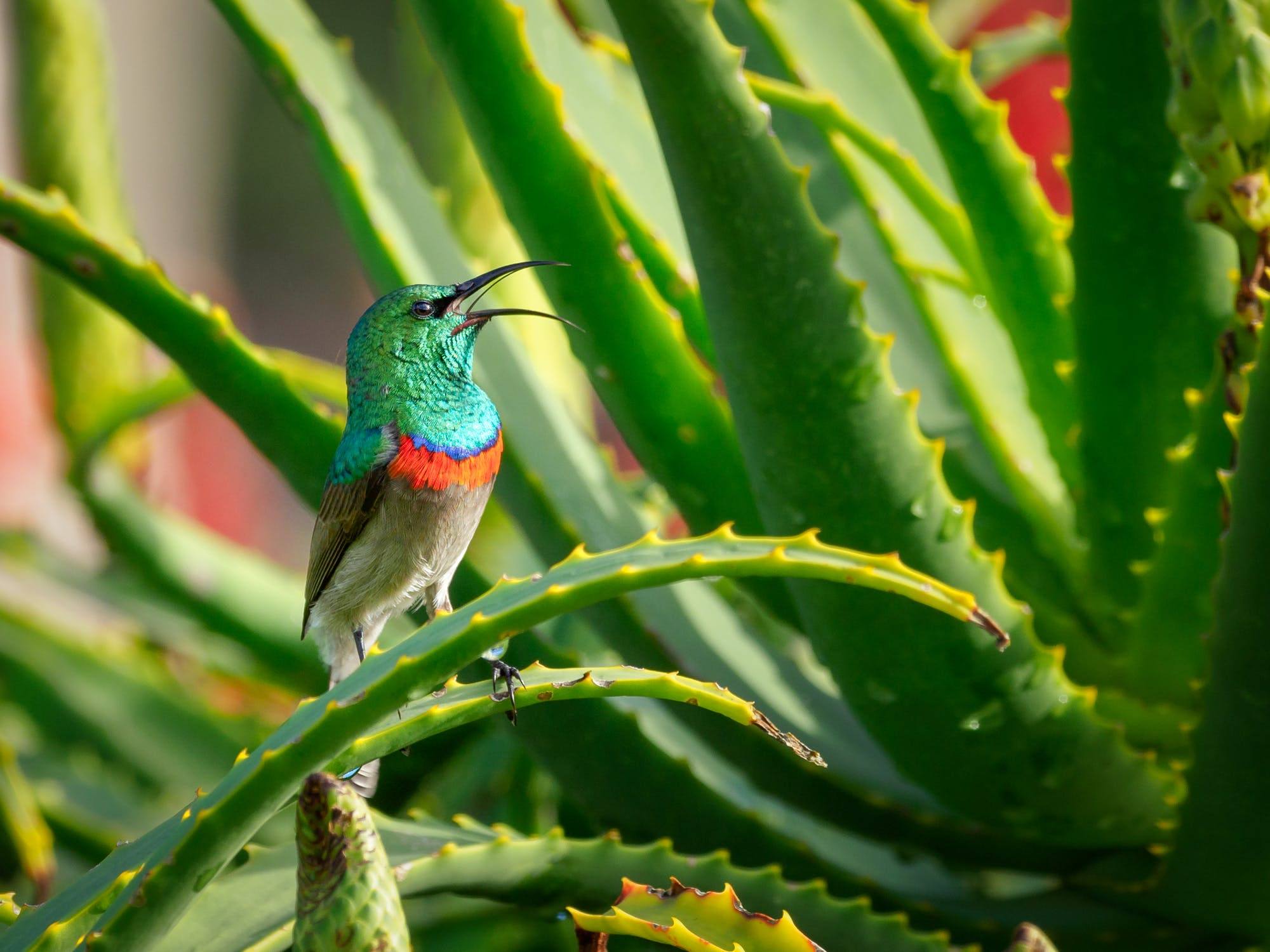
What are Demeter-quality cosmetics?
Demeter-certified products - both cosmetics and food - and all their ingredients comply with the strictest guidelines. The Demeter certificate is recognised as the highest seal of quality for naturally produced cosmetics and foods. Founded in 1932, the cultivation association for biodynamic products was named after the Greek goddess of fertility, Demeter. The Demeter certificate has so far been awarded to around 3500 foodstuffs, cosmetics and fashion items. These products must meet the highest standards. The intention behind this is to produce natural cosmetics as far as possible from natural substances that have a beneficial effect on human health and do not harm the environment. For example, Demeter-certified cosmetics may only contain pure and natural plant extracts and flavourings. In the course of production, emphasis is also placed on reducing the influence of disruptive environmental influences such as electromagnetic fields. At least 90 % of the ingredients from agricultural cultivation must be of Demeter quality. A number of ingredients such as mineral oils, petroleum derivatives, benzene, hexane, propylene glycol, butylene glycol, EDTA chelators and their salts may not be used in the manufacture of Demeter-qualified products. Raw materials obtained from dead animals are also prohibited.
The specific requirements that a product must fulfil in order to receive the Demeter certificate are described in detail by the organic association on its Website.
Demeter-certified cosmetics are therefore subject to by far the strictest standards. Both the raw materials and the processing comply with the strictest rules and you can rely on the best quality.
Is Clean Beauty free from parabens, silicones, phthalates, synthetic fragrances, etc.?
As there is no clear definition of the trend word, it is by no means possible to make a generalised claim. However, many leading cosmetics chains define clean beauty in exactly the same way. In general, such a definition makes perfect sense, but it cannot be relied upon as a matter of principle. Furthermore, these lists of ingredients that are considered problematic due to their potential impact on health and the environment are by no means exhaustive. Cosmetic products are much easier to advertise and sell under the guise of the buzzword "clean beauty".
Consumers are therefore required to familiarise themselves with the ingredients of certain products. It is worth studying the INCI lists and the packaging of the products.
Does Clean Beauty contain synthetic ingredients?
As a consumer, you cannot rely on Clean Beauty being free from synthetic ingredients. The term "clean beauty" seems misleading in this context. In many cases, products labelled as clean beauty may well contain synthetic ingredients. For example, the perfumery and cosmetics chain Douglas states that its clean beauty cosmetics may contain synthetic fragrances in a concentration of less than 1 %. This may sound like a negligible amount to the consumer. In reality, however, a higher concentration of synthetic fragrances is rarely required during production.
How reliable are certifications, seals of approval and "free from..." claims for natural cosmetics? Are they ultimately just "greenwashing" tricks of the cosmetics labels?
Unfortunately, these buzzwords used in marketing strategy are contributing to increasing confusion among consumers. It is now impossible for customers to find their way through the confusion of clean beauty, green beauty and other trendy labels. So-called "greenwashing", i.e. misleading consumers about how "green" a product is manufactured, is now widespread. Although it is of course ethically questionable, it is repeatedly used quite deliberately as a marketing ploy. However, it is often done unconsciously, as many companies themselves do not know enough about their own products and raw materials. This approach has its origins in the US cosmetics market. Unlike in the European Union, only a few ingredients are actually banned in the USA. The need for "purer" and less questionable cosmetics is all the greater there. This approach to terms and ingredients is gradually spilling over into the European market.
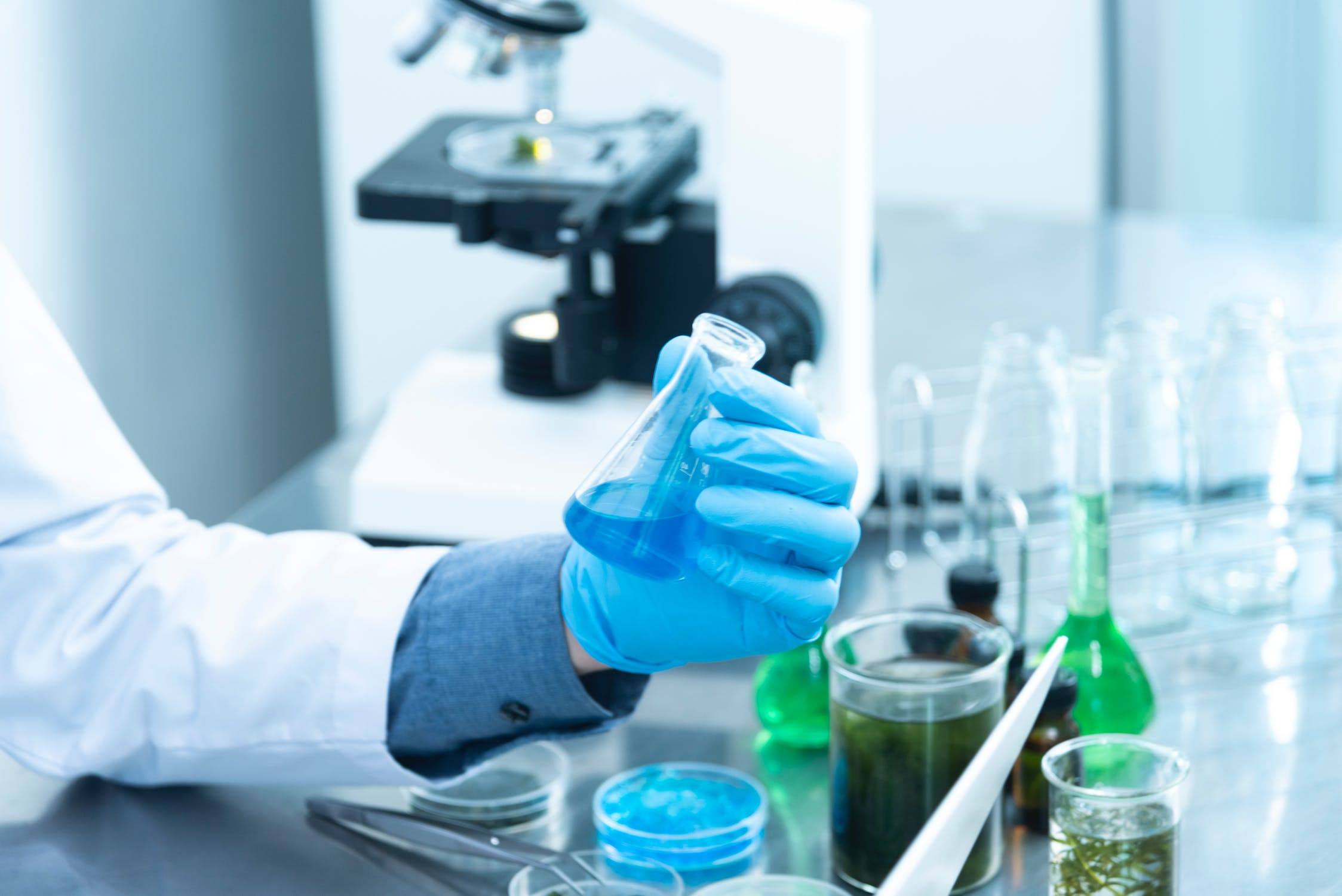
What harmful substances can be contained in cosmetics?
Clean beauty manufacturers often differentiate between healthy and non-healthy ingredients. However, this does not go far enough, as we need to differentiate further here. There are dangerous substances whose harmful effects on the human body have been scientifically proven. Then there are ingredients that are suspected of being harmful to health. In addition, some allergens, irritants or hazardous substances are known. According to the law, these may be used in certain quantities in the production of cosmetics. Ingredients that are labelled as allergens do not have to be bad per se. They are only a concern for people who are allergic to them.
In fact, it is not so easy to prove in studies that a specific ingredient is harmful. Research in this area is associated with a high financial outlay. How studies are interpreted is often up to the client. It is also extremely difficult to prove that a specific ingredient accumulates in the body and cannot be broken down or excreted. The damage it can cause over a longer period of time is even more difficult to determine. In addition, we consume countless questionable and synthetic substances in our everyday lives. Not all of them have a negative effect on the human organism. However, we cannot consider them separately. Therefore, we cannot clearly determine how a particular substance will affect human health in several years or decades. In order to be able to definitively declare an ingredient as harmful to health, such clarity and proof of causality is required.
Is Clean Beauty cruelty-free?
Animal testing has been banned in the EU since 2009. European products can therefore generally be assumed to be truly animal-free. Cosmetics that were tested before this regulation may of course remain on the market. However, manufacturers do not have to state whether their products have been tested on animals or not. Advertising cosmetics with the claim "cruelty-free" has even been prohibited since then, as the ban applies to everyone and would create an unfair competitive advantage. Nevertheless, individual brands continue to use it as a marketing ploy.
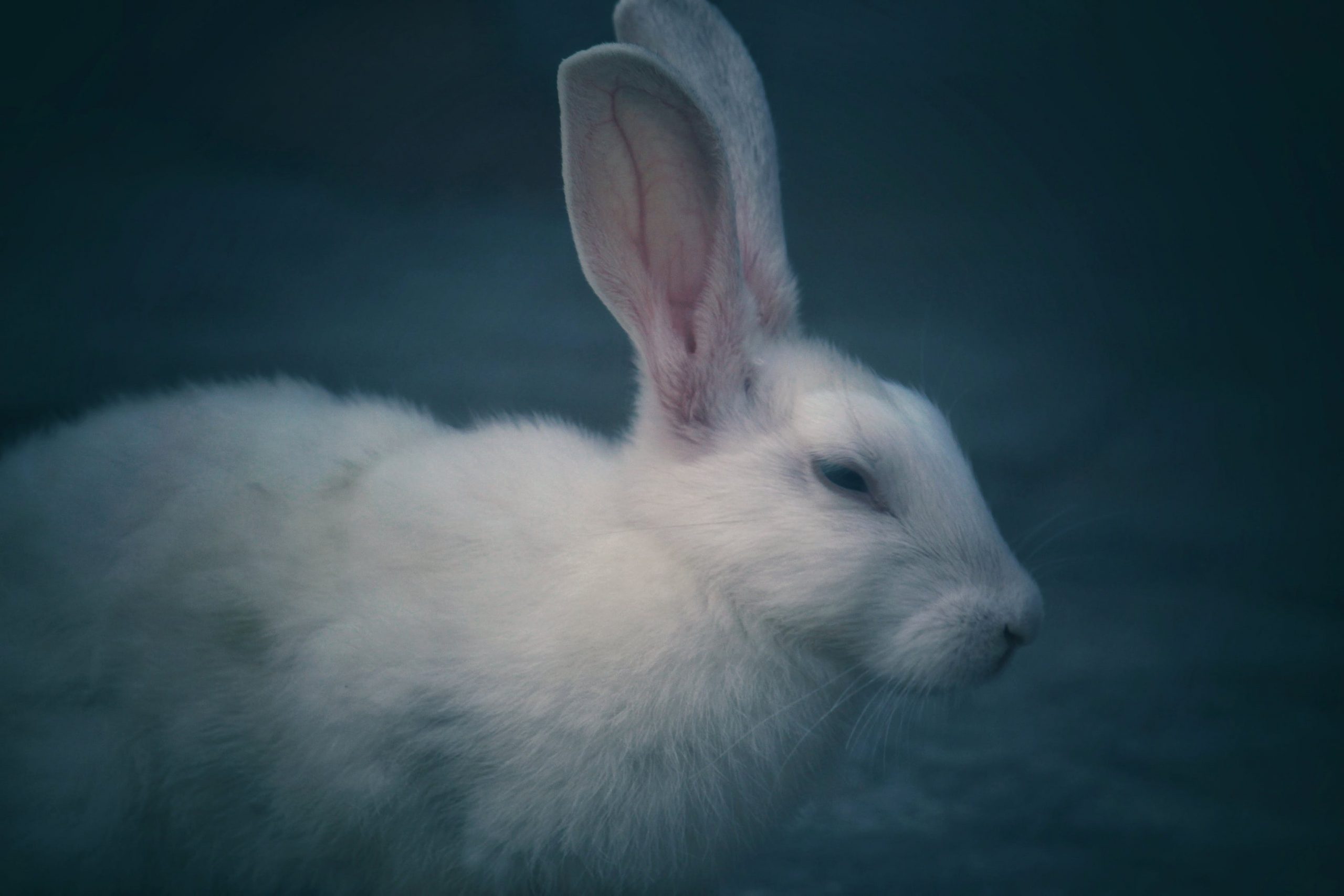
Is clean beauty vegan? And natural cosmetics?
In general, clean beauty does not necessarily have to be vegan. The buzzword simply means that certain substances are not included. It is not clear from the definition itself whether these are animal products. In reality, a large proportion of products labelled as clean beauty actually consist exclusively of vegan ingredients. However, you can't necessarily rely on this. After all, some clean beauty products contain raw materials such as beeswax, wool fat or other animal ingredients. Sometimes only the packaging text or direct enquiry with the manufacturer can provide clarity.
Natural cosmetics do not have to be vegan. For example, it can use beeswax, lanolin, honey and other substances of animal origin if they comply with the guidelines.
Why doesn't BIOMAZING carry "Clean Beauty"?
Because for us, clean beauty doesn't even begin to go far enough. Our range comprises natural and organic cosmetics without exception. We don't need confusing and unclear terms like Clean and Green Beauty. The selection of brands and products for our shop is based on strict guidelines. On the basis of a total of 56 Criteria we measure the sustainability of our products before we include them in our range. Decisive factors include certifications, the impact on the environment and animals and the manufacturing process, as well as aspects such as health, transparency, costs and honest marketing. Our strict criteria make us the strictest retailer on the market for natural and organic cosmetics.
Why is this so important to us? There are many, many retailers who stock a mixed range of natural and near-natural cosmetics. That's great and important to promote natural cosmetics. At Biomazing, however, we want to ensure that every customer can feel absolutely certain that they are holding the safest and tested version of a product in their hands. Checking, researching, clarifying, testing safety and effectiveness - that's what we do. So every customer - and we ourselves, for ourselves and our families! - can be sure that they are buying safe, pure and sustainable natural cosmetics.
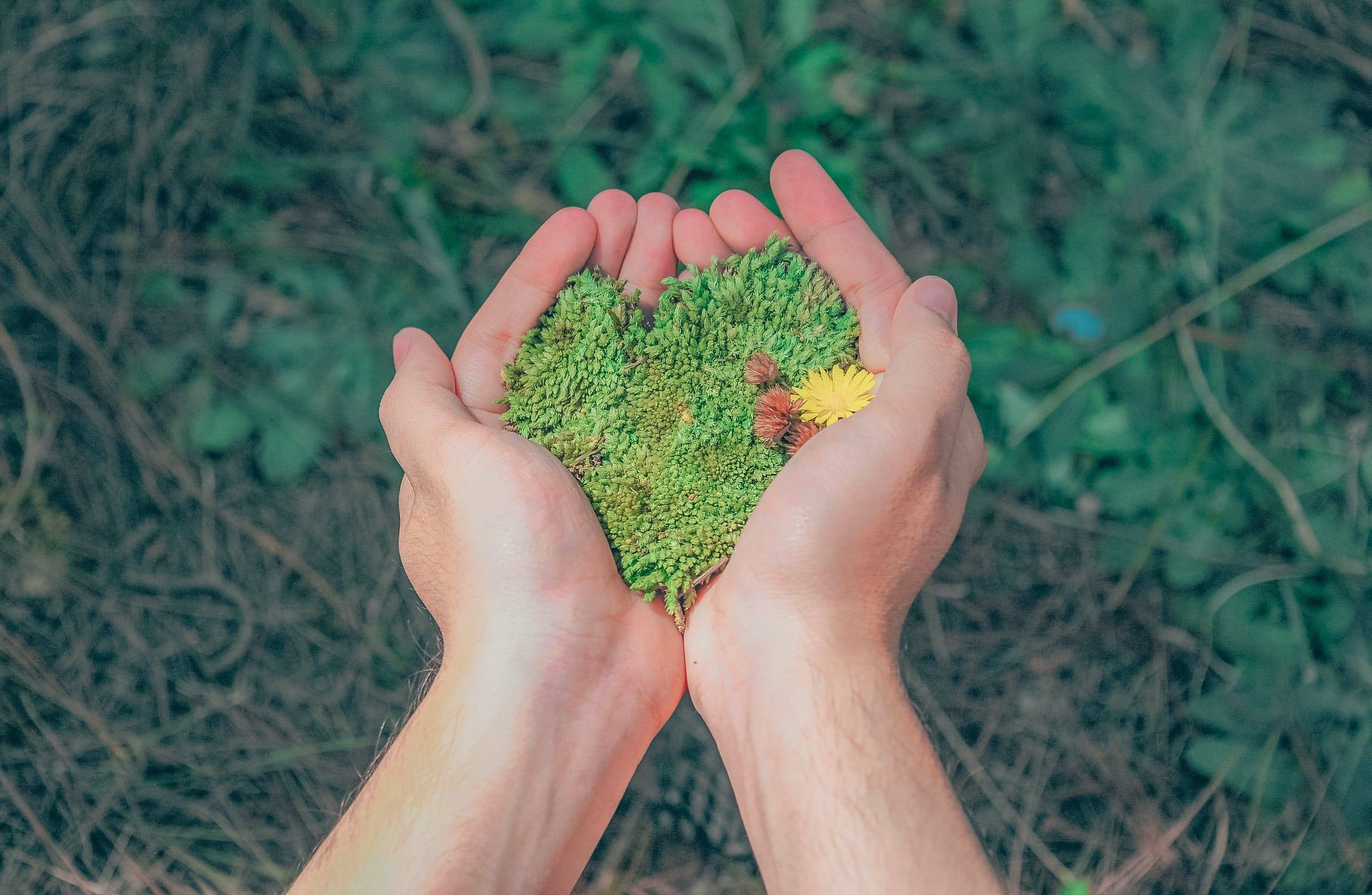
Conclusion: Does Clean Beauty really make sense?
The fact that many consumers and customers want cosmetics that are as "pure" as possible is of course a great development. However, more and more marketing strategists are capitalising on this fact. As a result, attributes such as clean beauty are being used in an almost inflationary and misleading way. Sometimes products labelled as clean beauty are actually pure natural cosmetics or "green" cosmetics. However, this does not necessarily have to be the case. Even if a company advertises with such claims, there is no way around looking into the ingredients. Today, information about cosmetics is easily accessible on the Internet. Due to the many different sources and the numerous false information circulating, it is not easy for laypeople to form an informed judgement about a specific product. It is therefore worth finding a trusted person or retailer who is familiar with the subject and can provide comprehensive advice.